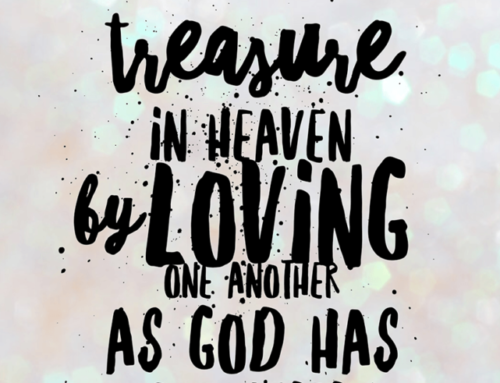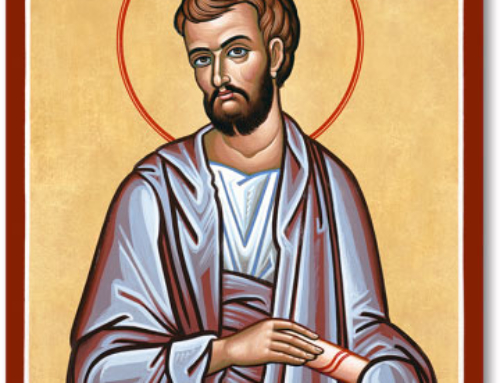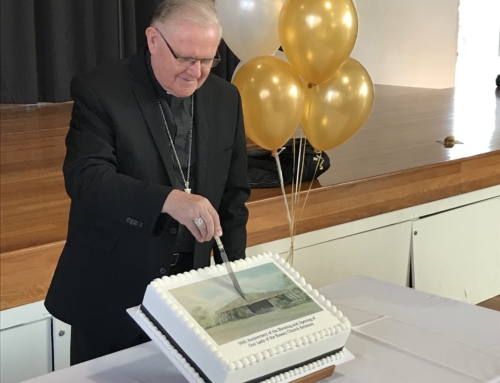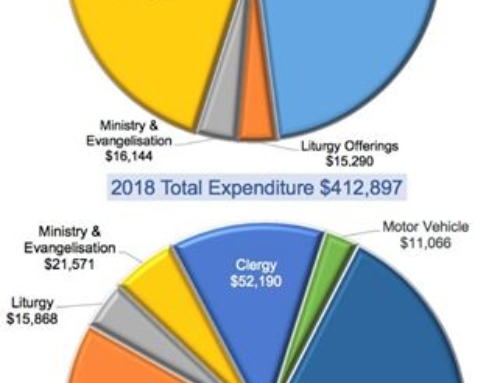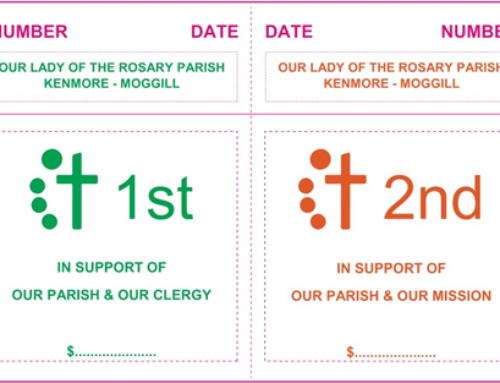Do We Need Prophets?
 ‘A great prophet has arisen among us’ the people shouted in villages of Galilee, surprised by Jesus’ words and actions. However this isn’t what happens in Nazareth when he appears among his neighbours as the one anointed as Prophet of the poor.
‘A great prophet has arisen among us’ the people shouted in villages of Galilee, surprised by Jesus’ words and actions. However this isn’t what happens in Nazareth when he appears among his neighbours as the one anointed as Prophet of the poor.
Jesus observes first their admiration, and later their rejection. He’s not surprised. He reminds them of a well-known saying: ‘In truth I tell you, no prophet is ever accepted in his own country’. Later, when they throw him out of the town and try to do away with him, Jesus abandons them. The narrator says that ‘he passed straight through the crowd and walked away’. Nazareth is left without the Prophet Jesus.
Jesus is and acts like a prophet. He isn’t a temple priest or a teacher of the law. His life is marked by the prophetic tradition of Israel. In contrast to the kings and priests, the prophet isn’t named or anointed by anyone else.
His authority comes from God, insisting on encouraging and guiding the beloved people with God’s Spirit, when the political and religious leaders don’t know how to do that. It’s not by accident that Christians confess a God incarnated as a prophet.
The marks of the prophet are unmistakable. In the middle of an unjust society where the powerful seek their welfare, silencing the suffering of those who mourn, the prophet dares to read and to live reality from the perspective of God’s compassion for the least.
His whole life becomes a presence among his people that criticizes injustice and calls for conversion and change of heart.
On the other hand, when religion itself gets comfortable with an unjust order of things and its interests no longer respond to God’s call, the prophet shakes up our indifference, criticizes the absolutes that threaten every religion, and remembers all those that God alone saves. His presence introduces a new hope since the prophet invites us to think about the future from the perspective of God’s liberty and love and mercy.
Fr. Mark Franklin
Parish Priest

